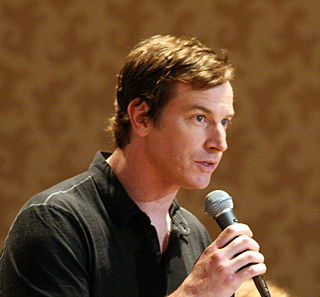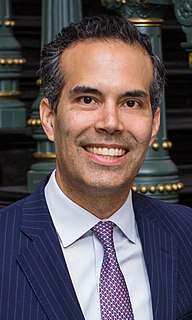A Quote by Nassim Nicholas Taleb
The track record of economists in predicting events is monstrously bad. It is beyond simplification; it is like medieval medicine.
Quote Topics
Related Quotes
Markets work best when there's lots of information available and a historical track record to go on; they excel at predicting things like horse races, election outcomes, and box-office results. But they're bad at predicting things like who will be the next Supreme Court nominee, as that depends on the whim of the president.
One of the most important skills of the economist, therefore, is that of simplification of the model. Two important methods of simplification have been developed by economists. One is the method of partial equilibrium analysis (or microeconomics), generally associated with the name of Alfred Marshall and the other is the method of aggregation (or macro-economics), associated with the name of John Maynard Keynes.
Until the 20th century, medicine was more like politics than physics. Its forecasts were often bogus and its record grim. In the 1920s, statisticians invaded medicine and devised randomised controlled trials. Doctors, hating the challenge to their prestige, resisted but lost. Evidence-based medicine became routine and saved millions of lives.
You know, when you see a haircut of yourself from around 12 or 13, it's rough. I also had really bad acne. Where I had to take this medicine - serious medicine - with warning on the label, like, "Do NOT take this if you are pregnant." Thank God I wasn't pregnant at the time. But yeah, I just had bad haircuts, bad acne, and bad clothes for a long time. And probably still right now.
Like medieval theologians we had a philosophy that explained everything to us in advance, and everything that did not fit could be readily identified as a fraud or a lie or an illusion... The perniciousness of the anti-Communist ideology of the Truman Doctrine arises not from any patent falsehood but from its distortion and simplification of reality, from its universalization and its elevation to the status of a revealed truth.




































